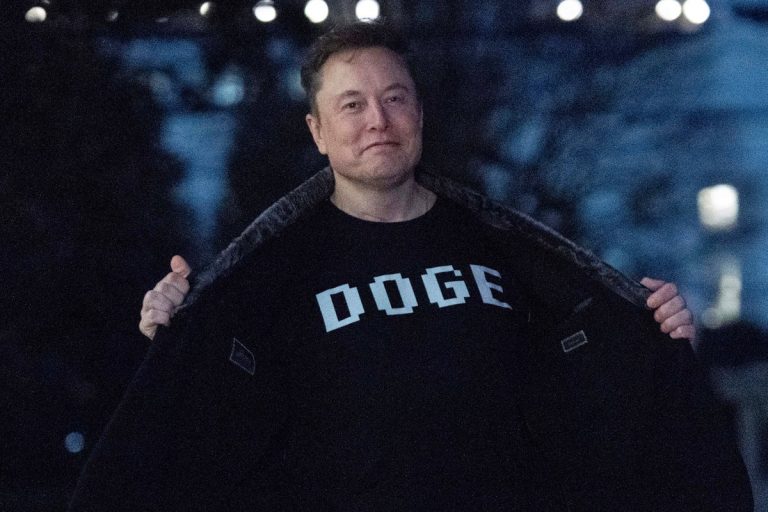Your support helps us to tell the story
From reproductive rights to climate change to Big Tech, The Independent is on the ground when the story is developing. Whether it’s investigating the financials of Elon Musk’s pro-Trump PAC or producing our latest documentary, ‘The A Word’, which shines a light on the American women fighting for reproductive rights, we know how important it is to parse out the facts from the messaging.
At such a critical moment in US history, we need reporters on the ground. Your donation allows us to keep sending journalists to speak to both sides of the story.
The Independent is trusted by Americans across the entire political spectrum. And unlike many other quality news outlets, we choose not to lock Americans out of our reporting and analysis with paywalls. We believe quality journalism should be available to everyone, paid for by those who can afford it.
Your support makes all the difference.
Read more
A federal judge says he won’t dismiss a lawsuit from labor unions seeking to block Elon Musk’s team from accessing systems at the Labor Department.
The labor unions say that allowing Musk’s Department of Government Efficiency to access the systems violates the federal Privacy Act because they contain medical and financial records of millions of Americans. They also contend DOGE doesn’t have the legal authority to direct the actions of congressionally created agencies like the Department of Labor.
In a ruling Wednesday, U.S. District Judge John Bates said those claims could move forward in court. But some other, more specific arguments made by the unions — including that the U.S. Health and Human Services Department violated health care privacy laws by allowing DOGE access — were dismissed by the judge.
The federal Privacy Act generally prohibits an agency from disclosing records about a person to another agency, unless the person has first given written permission.
“This Court is the first to admit that seeing someone’s name and SSN in the 648th row of a spreadsheet is ‘different in kind’ from peeping into someone’s bedroom window,” Bates wrote. Still, he said, Congress enacted the Privacy Act to protect the privacy of people identified in federally maintained systems, so that individuals could trust their information would be accessed only by those employees with a valid need to see it.
“As a result, an intrusion upon that sphere — even if the sphere literally encompasses only one row of millions in a dataset — amounts to an injury similar to the intrusion upon other private spheres, such as one’s home,” Bates wrote.
Bates also said the case is likely to undergo a lot of “twists and turns” before it is resolved.
“This is a dynamic case undergirded by a set of facts evolving before the Court’s eyes,” he wrote.
DOGE has also accessed other government databases, including at the Education Department, Treasury, IRS and Social Security Administration, and multiple lawsuits have been filed in response.

